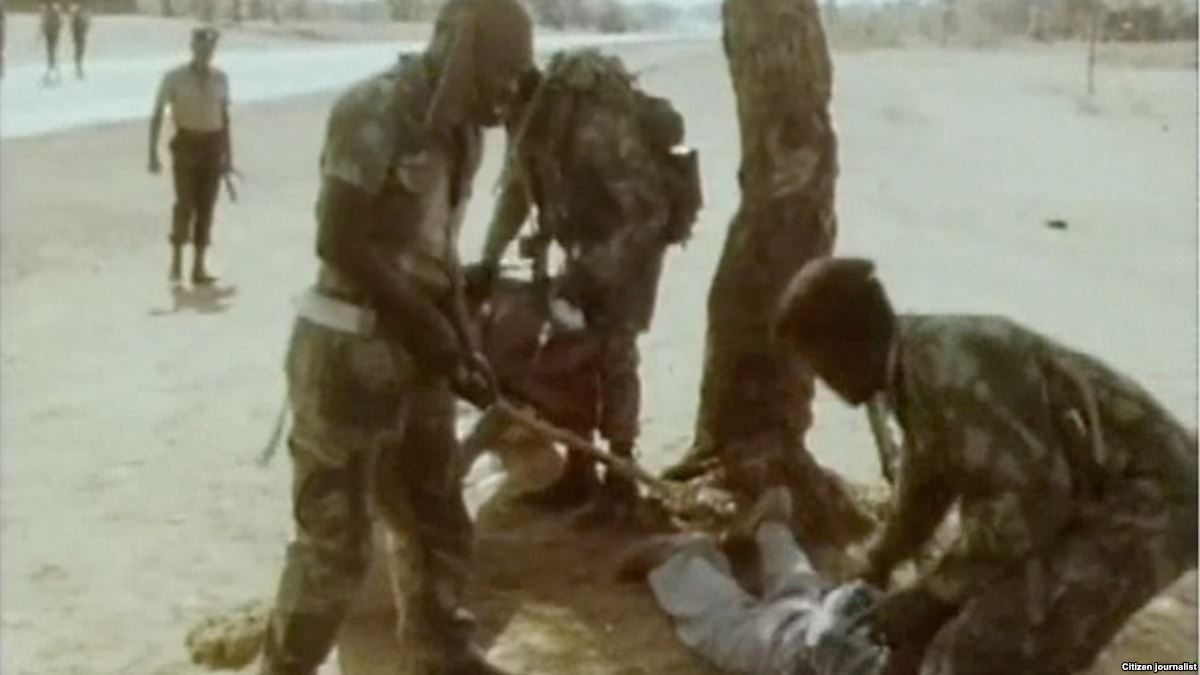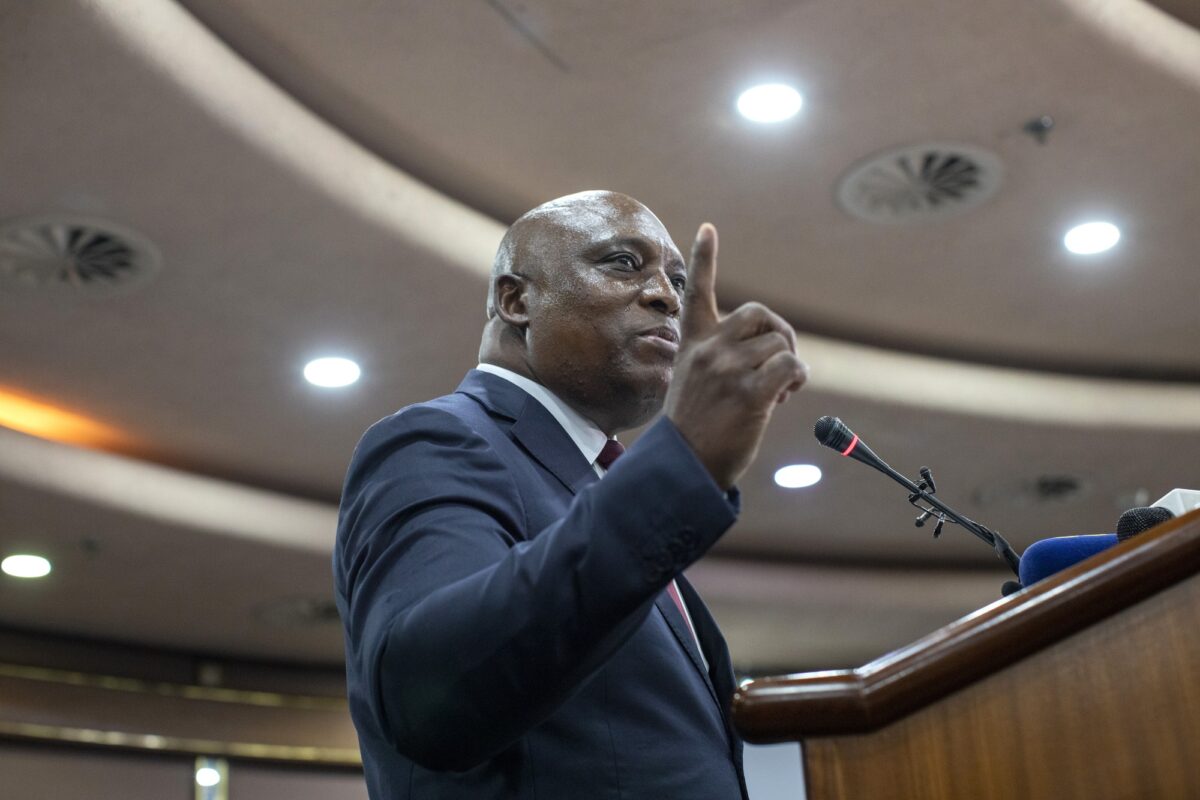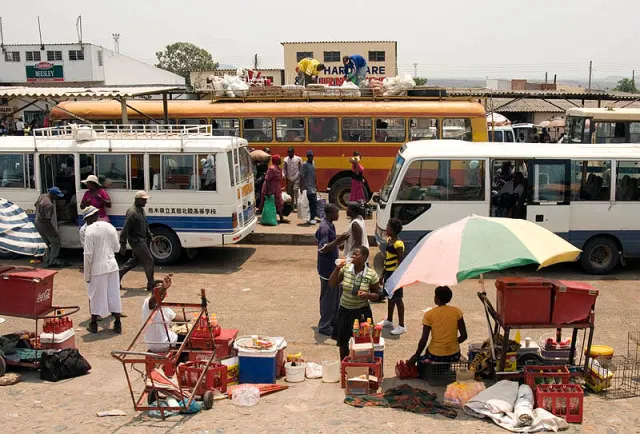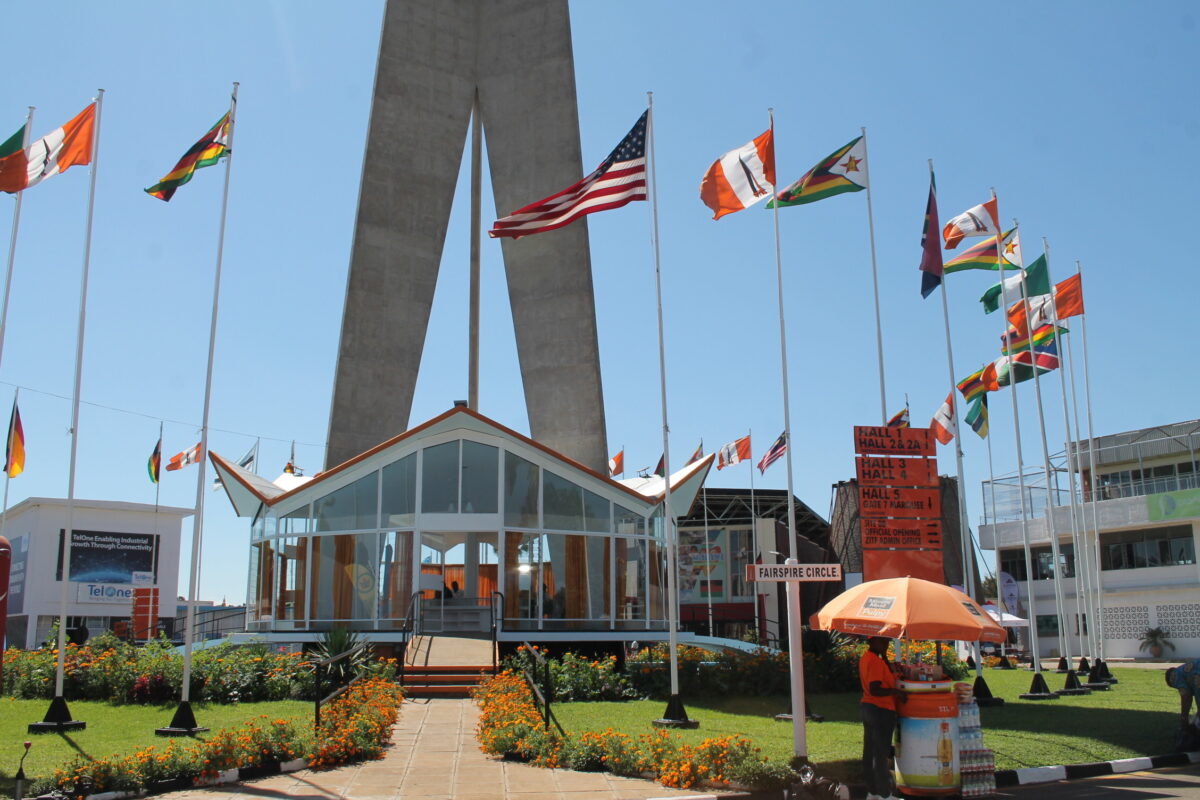HARARE – The Gukurahundi genocide took place in a “conflict situation” and there were casualties on “both sides of the conflict”, President Emmerson Mnangagwa’s spokesman said in shock comments on Sunday.
The claims by George Charamba, made in an interview with The Standard newspaper, will outrage victims of the 1980s massacres carried out by the Fifth Brigade in the Midlands and Matabeleland provinces.
“There was conflict, which claimed lives and you noticed I never use words such as atrocities because if you are true to history, you will know that in a conflict situation, atrocities do happen on both sides of the conflict,” Charamba said.
“We do have quite a number of people who died or suffered at the hands of the dissidents. We also have quite a number of people who are said to have suffered at the hands of security forces then.
“Once you acknowledge that there is a conflict situation then necessarily there is some suffering, which is what motivated the former president (Robert Mugabe) to describe it as a moment of madness.”
And in a video circulated online, Charamba tells a radio station: “By the way I always have a problem with the one-sided nature of the debate on Gukurahundi. It’s as if bullets were flying in one direction, which is really a false narrative. This was an armed insurgency, to which there was an armed response from the state. So, it was a state of conflict, and inevitably there would be deaths.”
Rights groups say over 20,000 people, mainly from the minority Ndebele population, were targeted in a military campaign waged between 1983 and 1985, ostensibly to root out a few dozen “dissidents” who opposed the new ZANU government of Prime Minister Robert Mugabe after independence in 1980, and had not put down their arms.
“So, George Charamba says Gukurahundi was a war and he knows someone who died in Zvimba, so it can’t be a Matabeleland and Midlands issue only. The level of denialism is at another level,” Kholwani Nyathi, the editor of The Standard, said on Twitter.
Last week, Mnangagwa – a key architect of the massacre as intelligence minister then – said he would allow reburials of victims to proceed, as well as the issuing of identity documents to the children of victims of the genocide.
Charamba insists Mnangagwa’s actions are not a “new acknowledgement” of the genocide.
“It cannot be a new acknowledgement. It isn’t, but what has happened is that government has awoken up to its responsibilities in dealing with that question frontally,” he said.
Demands by rights groups and survivors for justice, or at least a truth-seeking initiative into the massacres, have been frustrated by the Zimbabwe government whose senior officials, including in the military, are implicated.
The reports of two commissions of inquiry instituted by the government into the atrocities have never been released. It is believed the commissions concluded that Gukurahundi was a genocide.















